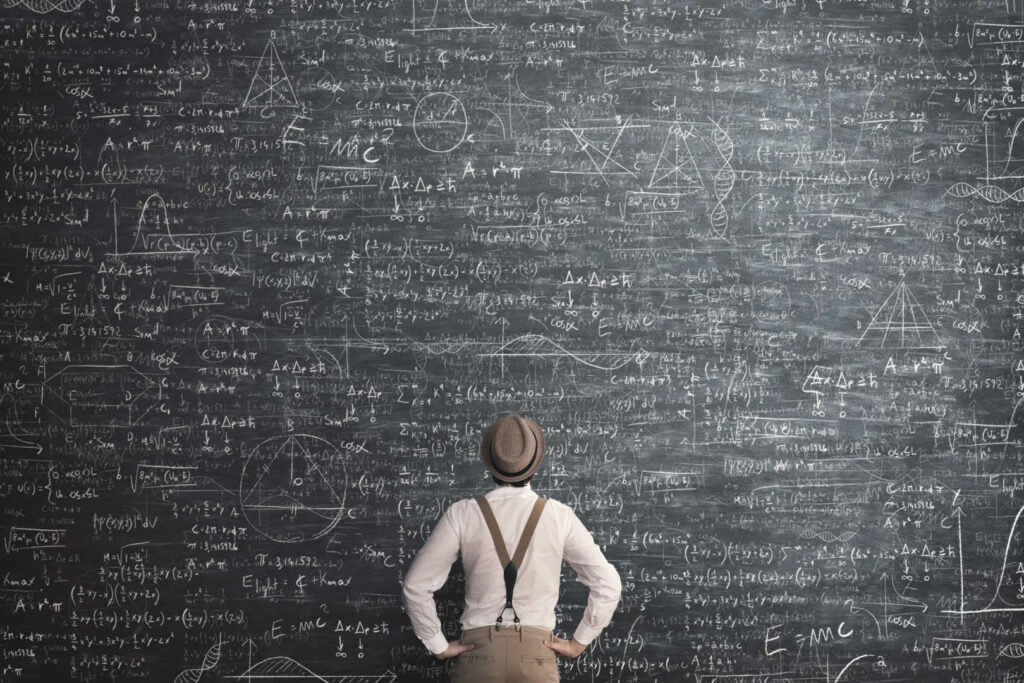Exploring Time Travel: What Einstein’s Physics Reveals
Have you ever wondered about time travel and what Albert Einstein, the renowned physicist, had to say about it? Let’s delve into Einstein’s theories and see what they reveal about the fascinating concept of time travel.
Einstein’s groundbreaking work, particularly his theory of relativity, revolutionized our understanding of time and space. While his theories don’t offer a blueprint for time travel as we see in movies, they do unveil some intriguing insights that captivate our imagination.

- Time Dilation: Einstein’s theory of relativity introduced the concept of time dilation. It suggests that time can pass at different rates for observers in motion relative to each other. Imagine two people, one stationary and the other traveling at a high speed. According to Einstein, time would appear to move slower for the person traveling at high speed compared to the stationary observer. This phenomenon has been confirmed through experiments involving high-speed particles.
- Space-Time Continuum: Einstein’s general theory of relativity describes gravity as the curvature of space-time caused by the presence of matter and energy. In simpler terms, massive objects like stars and planets create a sort of “dent” in the fabric of space-time. This curvature affects the motion of objects around them. While this theory doesn’t directly endorse time travel, it does hint at the intriguing possibility of warping space-time to create shortcuts through the universe.
- Paradoxes and Causality: Time travel isn’t just about jumping through different eras; it also raises complex questions about causality and paradoxes. One of the most famous paradoxes is the “grandfather paradox,” where a time traveler could potentially alter events in the past in a way that prevents their own existence. While Einstein’s theories don’t directly address paradoxes, they spark discussions about the nature of time and the implications of altering past events.
In Summary:
Einstein’s theories of relativity provide a rich tapestry of concepts that intrigue and challenge our understanding of time and space. While they don’t offer a straightforward roadmap for time travel, they lay the groundwork for exploring the possibilities. From time dilation to the curvature of space-time and the theoretical existence of wormholes, Einstein’s work fuels our imaginations and invites us to ponder the mysteries of the universe.
In the realm of science fiction, time travel is a popular trope that captivates audiences with its endless possibilities. However, in the realm of science, the practicality and feasibility of time travel remain speculative and far-fetched. While we may not be hopping into time machines anytime soon, Einstein’s theories remind us of the boundless wonders awaiting discovery in the cosmos.
In conclusion, Einstein’s physics offer a glimpse into the tantalizing world of time travel, sparking curiosity and inspiring generations of scientists and dreamers alike. As we continue to unravel the mysteries of the universe, who knows what secrets of time and space we may uncover next? The journey has only just begun.
